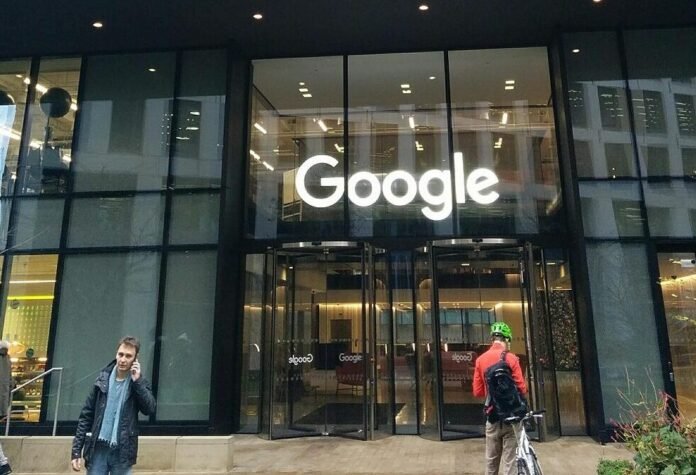Three year old AI firm launches unsolicited bid for Chrome as Google faces antitrust pressure
Artificial intelligence start-up Perplexity AI has stunned the tech industry with a $34.5bn (£25.6bn) takeover bid for Google Chrome, the world’s most widely used web browser.
The three-year-old company, backed by Amazon founder Jeff Bezos and chip maker Nvidia, is led by former Google and OpenAI engineer Aravind Srinivas. Perplexity’s bid was made public in a letter to Alphabet CEO Sundar Pichai, framing the move as a commitment to the “open web, user choice, and continuity” for Chrome’s estimated three billion users.
The offer comes at a time when Google faces mounting regulatory scrutiny. A US federal judge is expected to rule this month on whether the company should be ordered to break up its search business, which could potentially include spinning off Chrome. Google has warned such an order would be “unprecedented” and could harm consumers and internet security.
Industry analysts, however, are sceptical. Many view Perplexity’s move as symbolic rather than realistic. Judith MacKenzie, head of Downing Fund Managers, told BBC Radio 4’s Today programme: “I love their boldness but this is an unsolicited bid and is not actually funded yet.”
Technology investor Heath Ahrens dismissed the approach as “a stunt” and argued the offer “is nowhere near Chrome’s true value, given its unmatched data and reach.” He added that a substantially higher bid from figures like Sam Altman or Elon Musk could be more credible. Tomasz Tunguz of Theory Ventures estimated Chrome could be worth “ten times more” than Perplexity’s valuation.
Embed from Getty ImagesPerplexity, which was valued at around $18bn in July, has not disclosed how it would finance the acquisition. The company recently launched its own AI-powered browser, Comet, but remains a challenger brand in the generative AI space, competing with OpenAI’s ChatGPT and Google’s Gemini.
The firm has already courted controversy. In June, the BBC sent a legal letter accusing Perplexity of reproducing BBC content “verbatim” without permission. Perplexity dismissed the claims and accused the broadcaster of protecting Google’s “illegal monopoly,” without explaining the connection.
Earlier this year, Perplexity also made headlines with an offer to buy the US arm of TikTok, which faces a September deadline to be sold by its Chinese owner or face a ban in the United States.
If its Chrome bid were successful, Perplexity said it would keep Google as the default search engine while allowing users to change settings. It also pledged to continue support for Chromium, the open-source platform that underpins Chrome as well as Microsoft Edge, Opera, and other browsers.
Despite the fanfare, most experts see the bid as more of a strategic PR play than a genuine acquisition attempt, especially given Google has not signalled any intention to sell Chrome. The browser remains a crucial part of Google’s ecosystem, linking its search, advertising, and cloud services while generating invaluable user data.
The takeover offer nonetheless adds pressure to Google as it battles antitrust lawsuits in the US and Europe. Even if Perplexity’s bid is not taken seriously, it underscores the growing ambitions of AI start-ups to challenge big tech incumbents on their own turf.
For now, the ball is in Google’s court. The company has not commented publicly on the offer.
